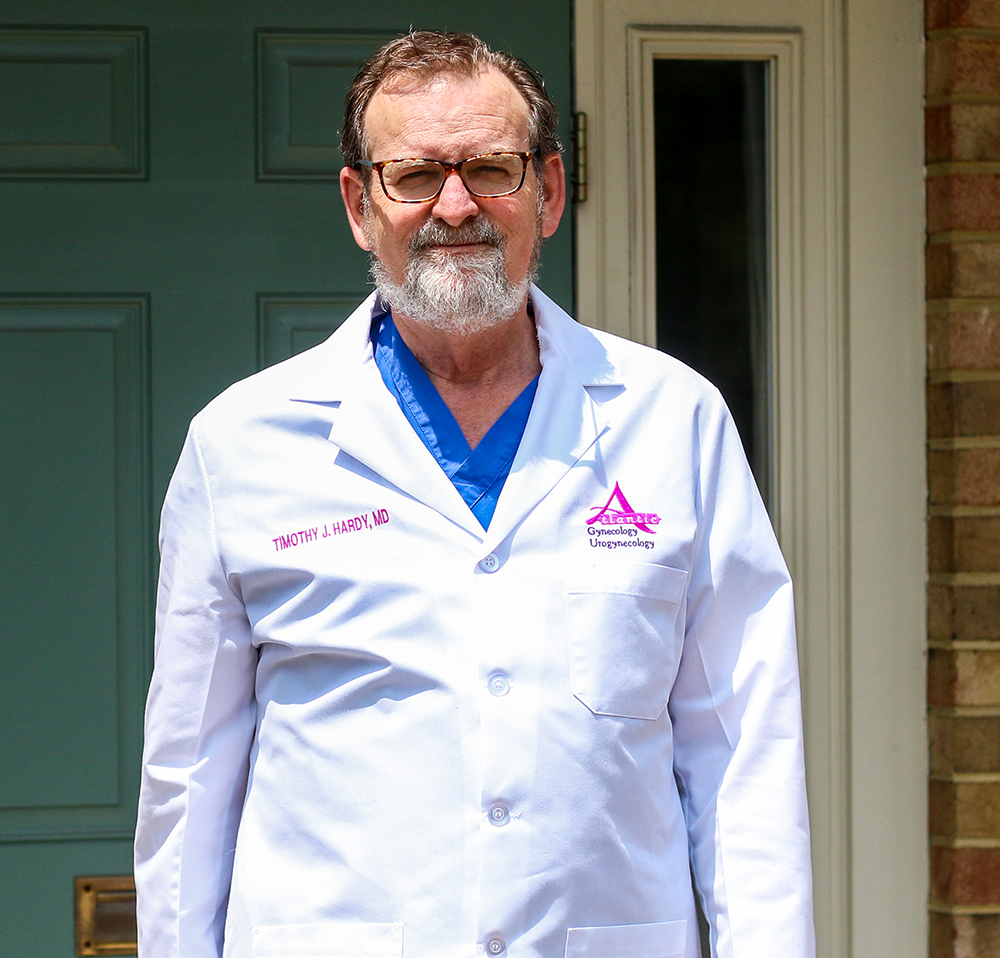When and Where to Travel
You don’t have to cancel your travel plans just because you are pregnant. After talking with Dr. Hardy or the Nurse Practitioner, you will find out if you are at risk for complications during travel. The best time to travel is mid-pregnancy (14-28 weeks). By this time, most women are past the morning sickness phase, your energy is starting to return and the belly hasn’t gotten big enough to make sitting for a long time and moving around uncomfortable.
The best thing to do is follow your body’s signals. How you feel is one of the best guides to your well-being and safety. If you are traveling to higher altitudes, you may notice that you are shorter of breath and it will take you a few days to adjust. Most places are safe to visit while you are pregnant.
IMPORTANT—-You will need to stay hydrated while traveling, so drink plenty of water. This will help prevent contractions. You will also need to empty your bladder more frequently. You need to stop at least every 2 hours to get out, walk to restroom and empty your bladder, and stretch. This will help prevent bladder infections and blood clots in your legs.
Getting There
When you are planning your trip, you should give a lot of consideration about how long the trip will take. The quickest way is often the best. Remember, even if you travelled a certain way all the time when you weren’t pregnant, you will feel entirely different this time.

BY LAND
For short trips, a car can be a good way to travel. Try to limit yourself to no more than 5 to 6 hours of driving a day. If you are not the one driving, you may start to get extremely sore and crampy after being in a car for more than 5 or 6 hours as well. Try to break up your trips. You need to wear your seatbelt at all times. The lap belt needs to go under your belly while the shoulder strap goes between your breasts. Do not place the shoulder strap under your arm or behind your back. Both straps need to be snug. Keep your seat as far back from the dashboard as you can (at least 10 inches). Do not turn the airbag off. If you get in a crash or a minor fender bender, you need to see a doctor immediately.
If you plan to travel by bus or train, you need to be aware that the aisles are usually narrow and the bathrooms are often small. Be sure to hold onto any railings or seat backs when you are up and about. Also, take special care while using the stairs. A bumpy ride will not bring on labor so don’t worry.
BY AIR
Travel in an airplane is almost always safe during pregnancy. The airlines do not let you fly at all after 36 weeks. We do not recommend you traveling after this time either. Planes are pressurized, which means the air in the cabin has more oxygen than the air outside. Many private planes do not have pressurized cabins, so try to avoid flying higher than about 7,000 feet in the smaller planes.
In the airport, you will have to go through security, which means walking through a metal detector. This will not harm you or the baby.
Choose your seats carefully. You may be more comfortable in an aisle seat. This will make it easier to get up and down when you need to go to the restroom. You may not sit in the emergency aisle because you will be required to physically assist other passengers in case of an emergency. Try to sit near the front of the plane, the ride is usually smoother there. The first row of seats has the most leg room so you can stretch your legs. You will still need to drink plenty of water, use the restroom every 2 hours and stretch.
BY SEA
Many people get sea sickness even when they are not pregnant. If you have never been on a ship before, this is not the time to try it for the first time. You will not be able to take any medications for sea sickness or nausea. You may use the sea sickness bands that go around your wrists. Most cruise ships do not let you travel after 28 weeks. They do have a doctor or nurse on board, however they are not equipped to manage any complications in pregnancy. If a complication does arise, you will be transferred off of the ship at the nearest dock to a local hospital and not allowed to get back on.
FOREIGN TRAVEL
If you are planning to travel outside the country, please check with Dr. Hardy or the Nurse Practitioner first. Some areas around the world carry the risk of being infected with viruses that may be harmful for you and baby during pregnancy. Some places require vaccinations or other preventative shots before you go, this will need to be cleared by your OB/GYN.
TIPS
Ask us for a copy of your Prenatal Record before you go on any trips, just in case you need to seek medical care.
Buy travel insurance to cover tickets and deposits that can’t be refunded, in case something comes up and changes your plans.
Wear comfortable and supportive shoes. Dress comfortably for travel days. This will help decrease the amount of swelling in your feet and legs. Take snacks and water with you.

